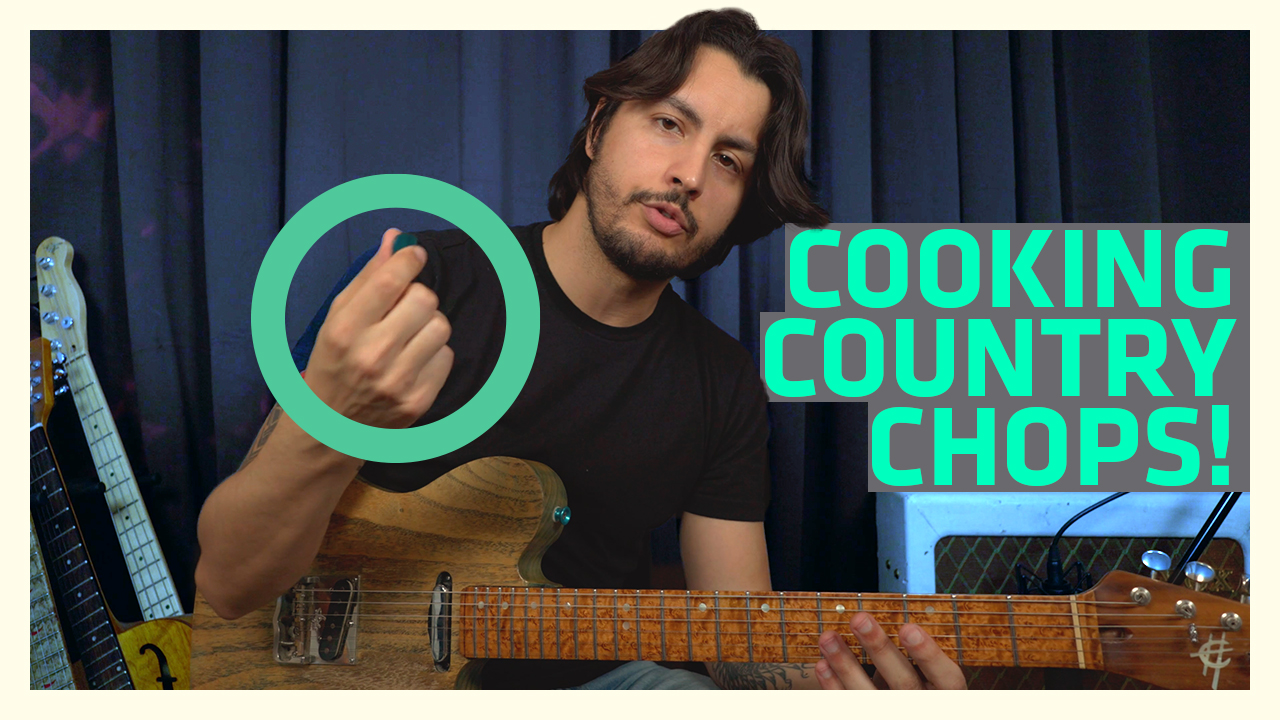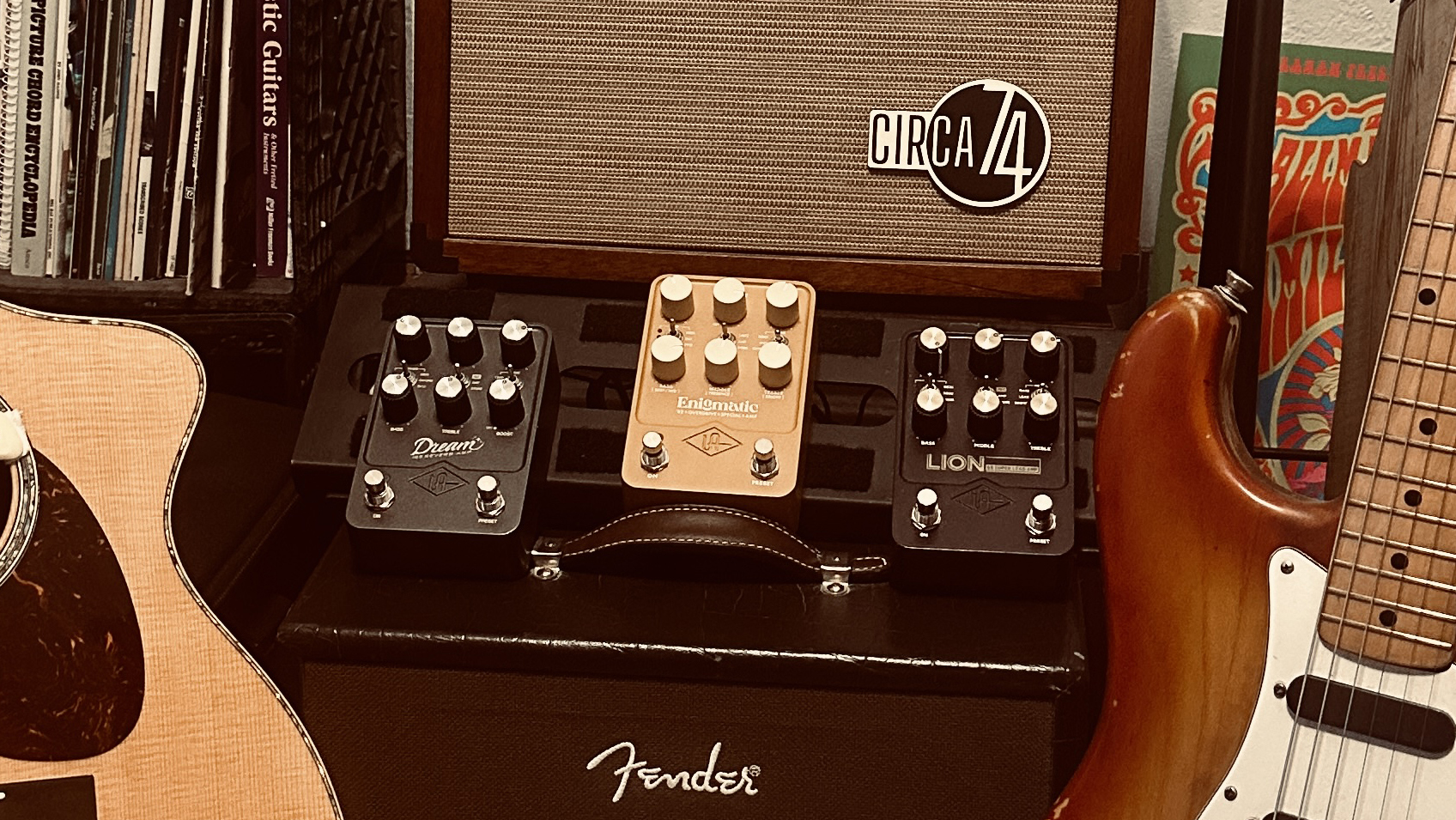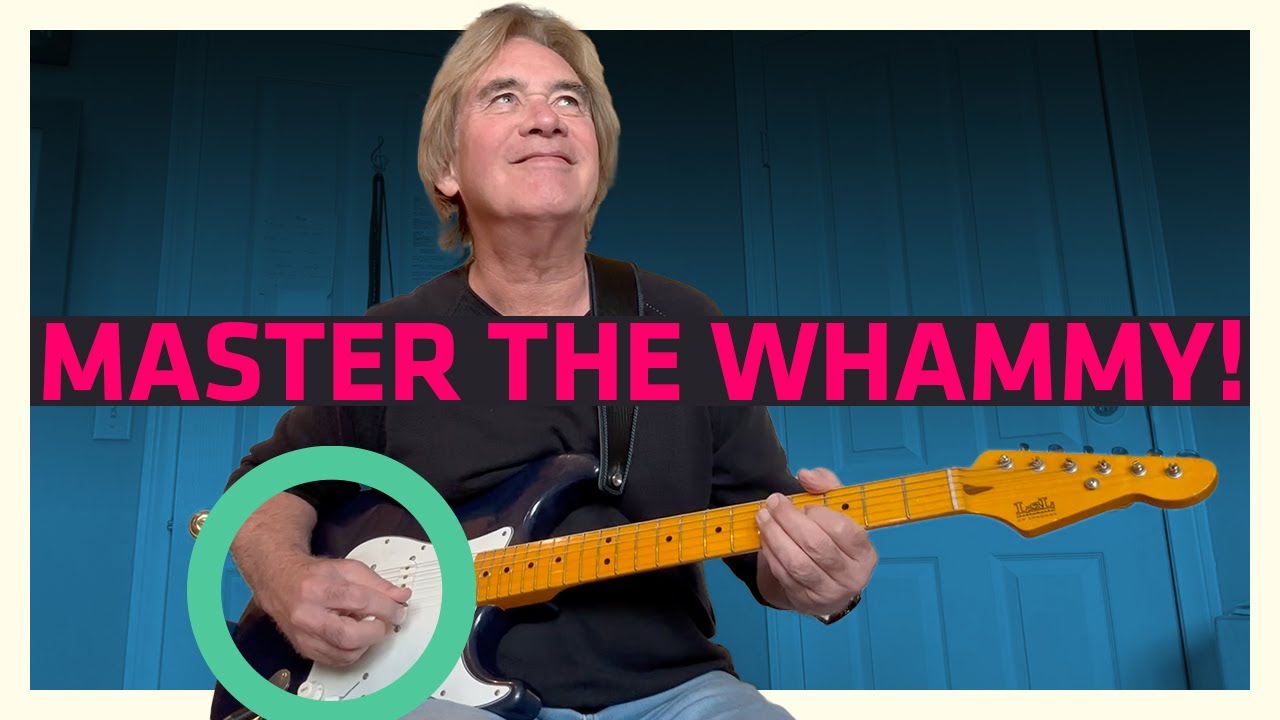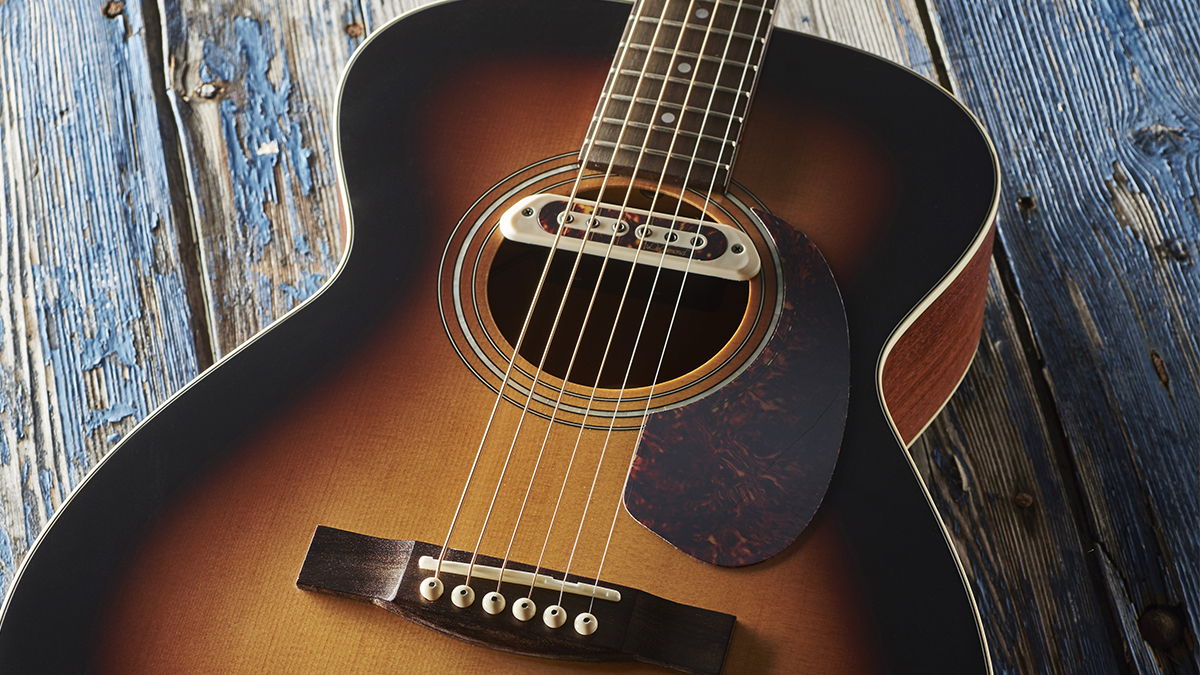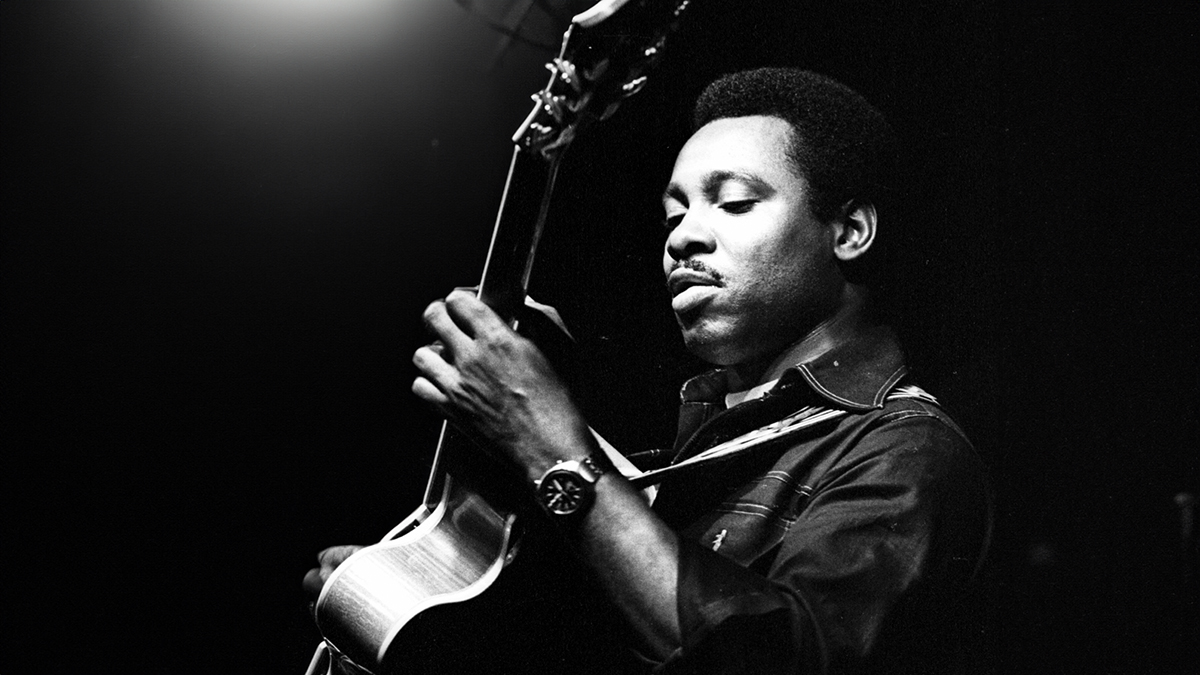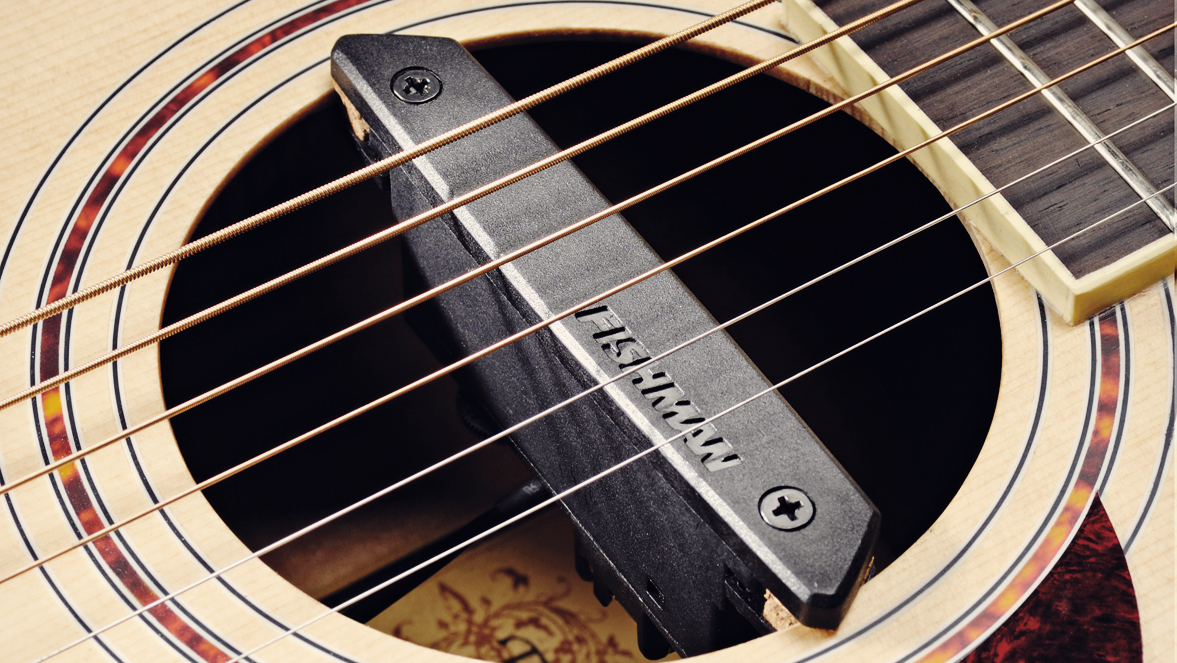Derek Trucks’ Top 10 Slide Tips For Beginners
The slide master shares the secrets to heavenly tone and technique

After a few minutes listening to some of Derek Trucks’ astounding slide work, two thoughts usually occur: “How the hell does he do that?” and “Hey, I’m gonna dig that old slide out and give this a go.”
While Derek can’t particularly help with the first question, he’s more than happy to supply the info that he believes you need to come to grips with the uniquely expressive art of slide guitar.
Here are ten of his tops tips for beginners…
1. Let Elmore James be your guide
“For electric slide, Elmore is definitely the entrance point. You could spend years just trying to delve into the nuances of his playing.”
2. Try it fingerstyle
“Definitely experiment with a fingerstyle approach. It gives you so much more control over the sound that you’re creating.
"You can mute unwanted strings much more easily, and something that players new to slide often struggle with is controlling unwanted noise and notes.”
3. Choose open tunings over standard
“You should really explore open tunings. I started in standard, and I could get some of the stuff that I was hearing, but when somebody turned me on to open E, wow, man! That was like the keys to the kingdom!
“It was all the stuff that I’d been hearing right there. I went for open E over open G because I took a few lessons from a slide player who advised me to try open E. But open G sounds great as well.”
4. Take your string gauge up a notch
“I think going a little heavier makes sense. I use 11, 14, 17, 26, 36 and 46. It works well for me, and since I’m tuned to E, there is quite a bit of tension on some of the strings.”
5. Start with your action a little higher than usual. Once you’ve got the technique down, bring it down as low as it can go
“I think my action is actually pretty low for a slide player, but that’s just from years of doing it. It’s probably as low as you could get it and still play slide.
“For newer players who want to go for a lower action, I’d say that there’s nothing wrong with developing great touch from the outset.
"Having said that, at the start a little bit of a higher action helps to get a cleaner sound.”
6. For pitch accuracy, trust your ears and get in the groove by listening to music that isn’t played on fretted instruments
“For me, getting accurate pitch has always just been about listening to what I was doing and identifying what was right and what was wrong.
"I think the secret, if there is one, is to always listen to what you do.
“Make sure that you’re making a sound that you want to hear. Listening is always as important as practicing. Listening to music that isn’t played on a fretted instrument helps get you in the mindset.”
7. Put in your 10,000 hours
“I feel like I was really lucky that I came along at a time when there weren’t any cell phones, so nobody was recording my mistakes and I got the chance to develop out of the spotlight.
“I just played all the time and maybe it’s like that thing about putting in your 10,000 hours, where the more you do it, the better you get.
“The other thing you should do is record yourself and play it back. Listen for what doesn’t sound quite right.”
8. Find the slide that works for you
“You’ll have to experiment to find the slide that’s right for you. I started off on a metal slide playing an acoustic, but the first time I tried glass – a Coricidin medicine bottle – that was the sound I’d been looking for.
“I have my own signature model now. Everything about it is just right. It’s medicinal.” [laughs]
9. As on electric, so on acoustic
“Once you find the slide you like, use it regardless of whether you’re playing electric guitar or acoustic guitar. I use the same slide for everything.
“If I did use something different, it would be more of an experimental thing, but I virtually always use the same slide no matter what guitar I’m playing.”
10. Experiment, and never stop
“I still experiment with slide and standard guitar playing all the time, particularly when I hear a melody somewhere. I’ll try to figure out where it is on the neck.
“Of course, as soon as you think you’ve mastered one thing, something else starts to slip, so you have to go back and sort that out, so you never really master anything. All guitar playing is a work in progress.”
Browse the Tedeschi Trucks Band catalog here.
Get The Pick Newsletter
All the latest guitar news, interviews, lessons, reviews, deals and more, direct to your inbox!
Mark is a freelance writer with particular expertise in the fields of ‘70s glam, punk, rockabilly and classic ‘50s rock and roll. He sings and plays guitar in his own musical project, Star Studded Sham, which has been described as sounding like the hits of T. Rex and Slade as played by Johnny Thunders. He had several indie hits with his band, Private Sector and has worked with a host of UK punk luminaries. Mark also presents themed radio shows for Generating Steam Heat. He has just completed his first novel, The Bulletproof Truth, and is currently working on the sequel.
“Write for five minutes a day. I mean, who can’t manage that?” Mike Stern's top five guitar tips include one simple fix to help you develop your personal guitar style
"It’s like you’re making a statement. And you never know where it’ll lead." Pete Thorn shares the tip that convinced Joe Satriani he was the right guitarist for the SatchVai Band


